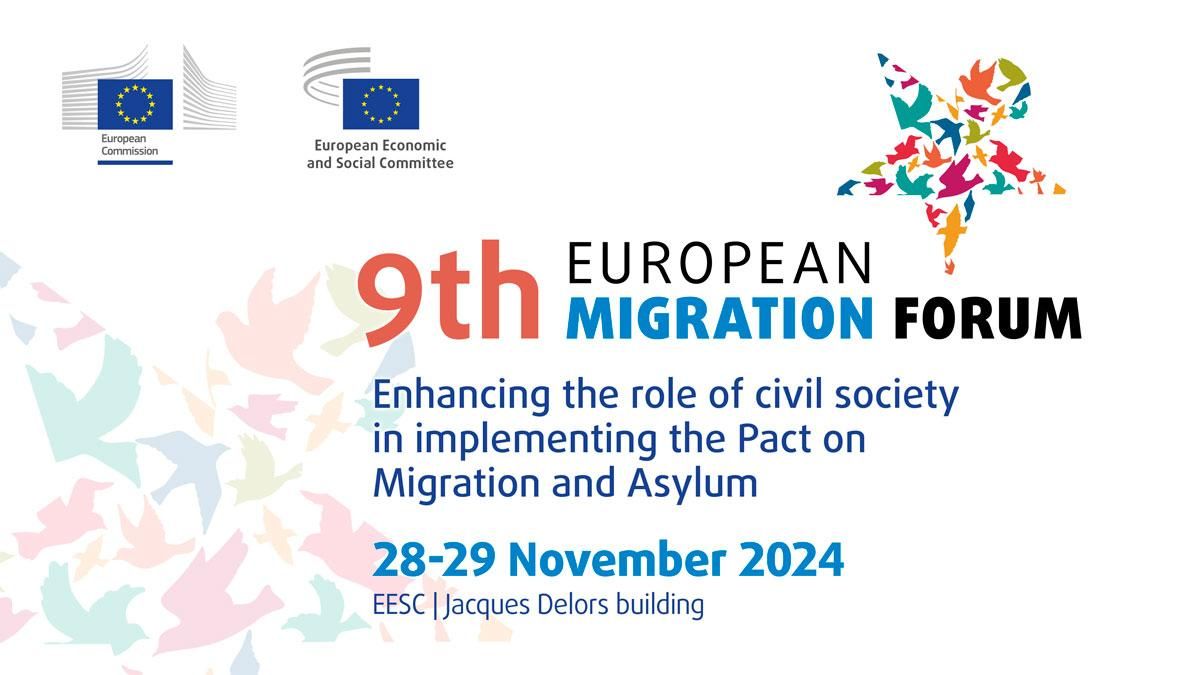The Young and Political Generation
Răzvan Petri is equally concerned with the civic and political involvement of young people in his native country

Christine Leșcu, 19.09.2023, 18:00
A graduate of King’s College London, where he studied Political Science, and a graduate student in Public Policy at University College, also in the capital of Great Britain, Răzvan Petri is equally concerned with the civic and political involvement of young people in his native country. And this concern is motivated by the lack of interest shown in these matters by a good part of the generation to which he belongs to. Why? Răzvan Petri himself explains.
“I think there is some disinterest, but I don’t think it’s necessarily the fault of this generation, that is, young people or people who don’t get involved in politics and civic action. It is about very low trust in political leaders, in political institutions, and in state and European institutions in general. But this low confidence is caused more by those who should lead us and make decisions for us than by any special characteristic of today’s youth. They are as interested or disinterested as ever, but simply our opinion leaders, as well as political ones, and our institutions, do not know how to communicate with young people. Because of this, it is very difficult for them to be involved in politics and to be attracted by politicians.
And because interest awakens starting with information, Răzvan Petri, together with his friend, Vlad Adamescu, co-founded the civic initiative Politics to the Minute, which aims to make politics more accessible to young people. Carried out online and on social networks, this project tries to make up for the absence of civic education classes, taught only at the primary and secondary levels, not at the high school level. Here is Razvan Petri:
“We collect all the information we think they need, and present it through a few slides that we present on social networks in the most attractive, simple and easy to understand way. Basically, we translate what is happening from the political, legislative language into the language of everyday people, something that should have already been done by the people trying to communicate. (…) I think that if we started earlier, from school or high school, to explain to children what they need to know about the political system and how important democracy is, it would be easier to have a more involved and informed generation. (…) And more than that: if they did civic education and understood that, for example, the president cannot build highways by himself, that the prime minister is elected by Parliament, and that parliamentary elections are perhaps more important, or at least as important as the presidential ones, they would know better how the political system works and would not make the mistake of blaming someone who has nothing to do with a given situation.
Not all teenagers and young people are, however, disinterested in civics and politics. And those who want to get involved are attracted, above all, by matters very close to their world, Răzvan Petri notes.
“I would say that they are very interested in things that happen locally, in their communities and cities, because a lot of people would like to make the city or sometimes even the village where they live a better place. And then the fields of action would be local ones, relating to streets, parks, playgrounds, or even schools. And, of course, they are very interested in aspects related to students’ rights, the way the dynamic between teachers and students unfolds, and the observance of students’ rights. Many asked and wanted to know whether or not it makes sense to get involved in student councils and how to do it to better represent student interests.
For several years, however, a worrying trend has appeared among young people. For example, the extensive study carried out in 2019 by the Friedrich Ebert Foundation showed that, while the majority of young people in Romania believed that democracy is the only acceptable way of governing a country, 23% of them said that, under special conditions, they would take take into account a dictatorship too. And recently, another study, which this time did not include Romania, demonstrates that this preference is shared by a significant part of the young generation around the world. Open society barometer: Is democracy effective?, carried out between May and July 2023 in 30 countries, found that only 57% of young people between the ages of 18 and 36 believe that democracy is preferable to any other form of government, while at the same time 42% of them support a military regime. However, Răzvan Petri believes that the preference for autocracy in 2019, but also today, expressed by almost a quarter of young Romanians, must be carefully interpreted in relation to the Romanian context. Here is Razvan Petri again:
“Trust in democratic institutions is very low, and democracy now seems a little outdated, it seems that it is moving with difficulty, and that results are not really forthcoming. And, very importantly, this survey also contained information related to how the same politicians rotate through the same positions. It seems that no matter what we do, the same people are in power. Many people believe that no matter who comes to power, the results will always be the same. There is a need for a strong leader who does not necessarily follow these democratic rules that slow down the decision-making process, who pounds on the table and solves the people’s problems. Hence the appetite for political movements that propose an alternative system or an extreme reform of today’s political system, which, in the opinion of many, would lead to faster results, but not necessarily more legitimate or democratic. It is partly the fault of the party system in Romania, and the fact that it behaves like a cartel, in the sense that political parties validate themselves by the fact that they grant themselves a lot of money from the state, and by the fact that they do not allow other small parties to enter the system politically, through these very high electoral and bureaucratic barriers, such as the 200,000 signatures or the 5% electoral threshold. And so we see that only the same parties are in government, that nothing seems to change, that there is no real reform, and from there the appetite for something else, for something new, fast, efficient.“
Therefore, according to Răzvan Petri, it is not the inclination towards a certain extremist or autocratic ideology that would motivate the preference for the iron hand, but also the disappointment produced by the current inefficiency of the political system. Anyway, in 2024, an important electoral year in Romania, these hypotheses will be able to be tested or not.






























